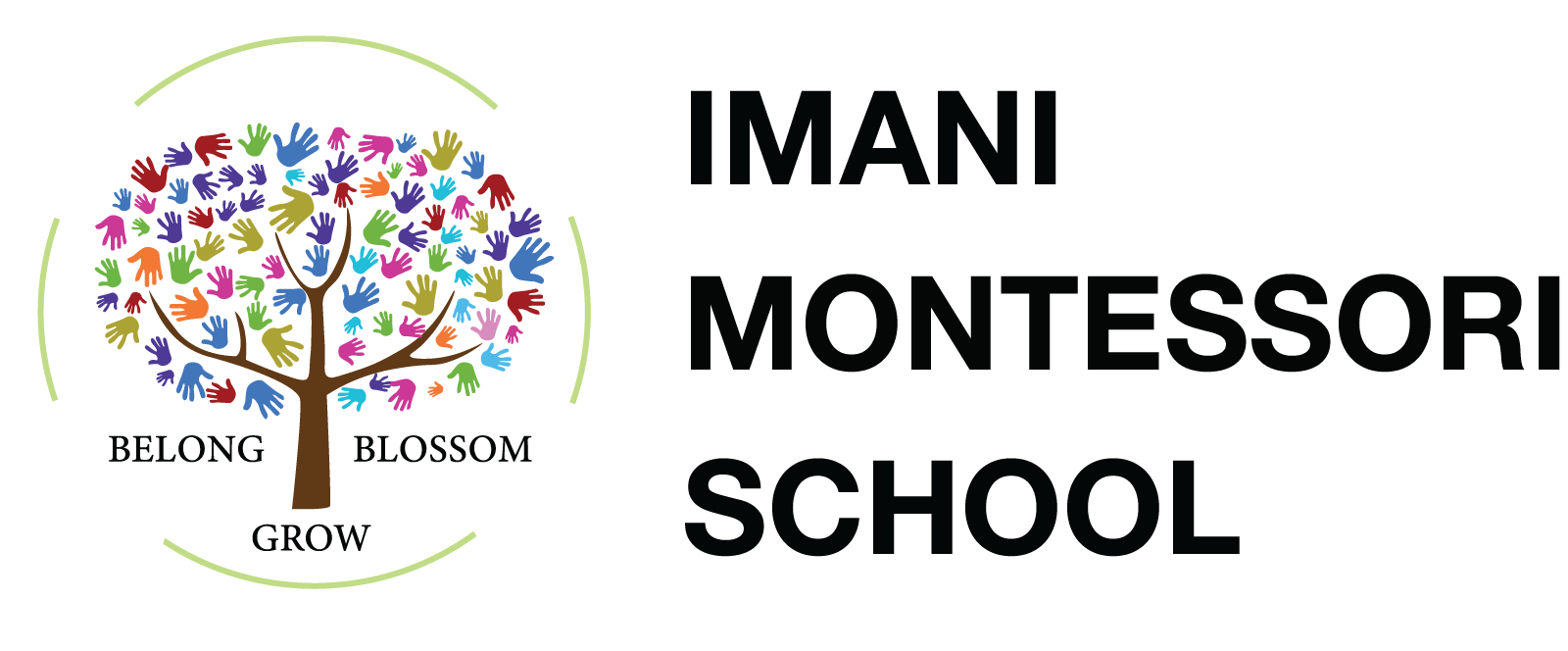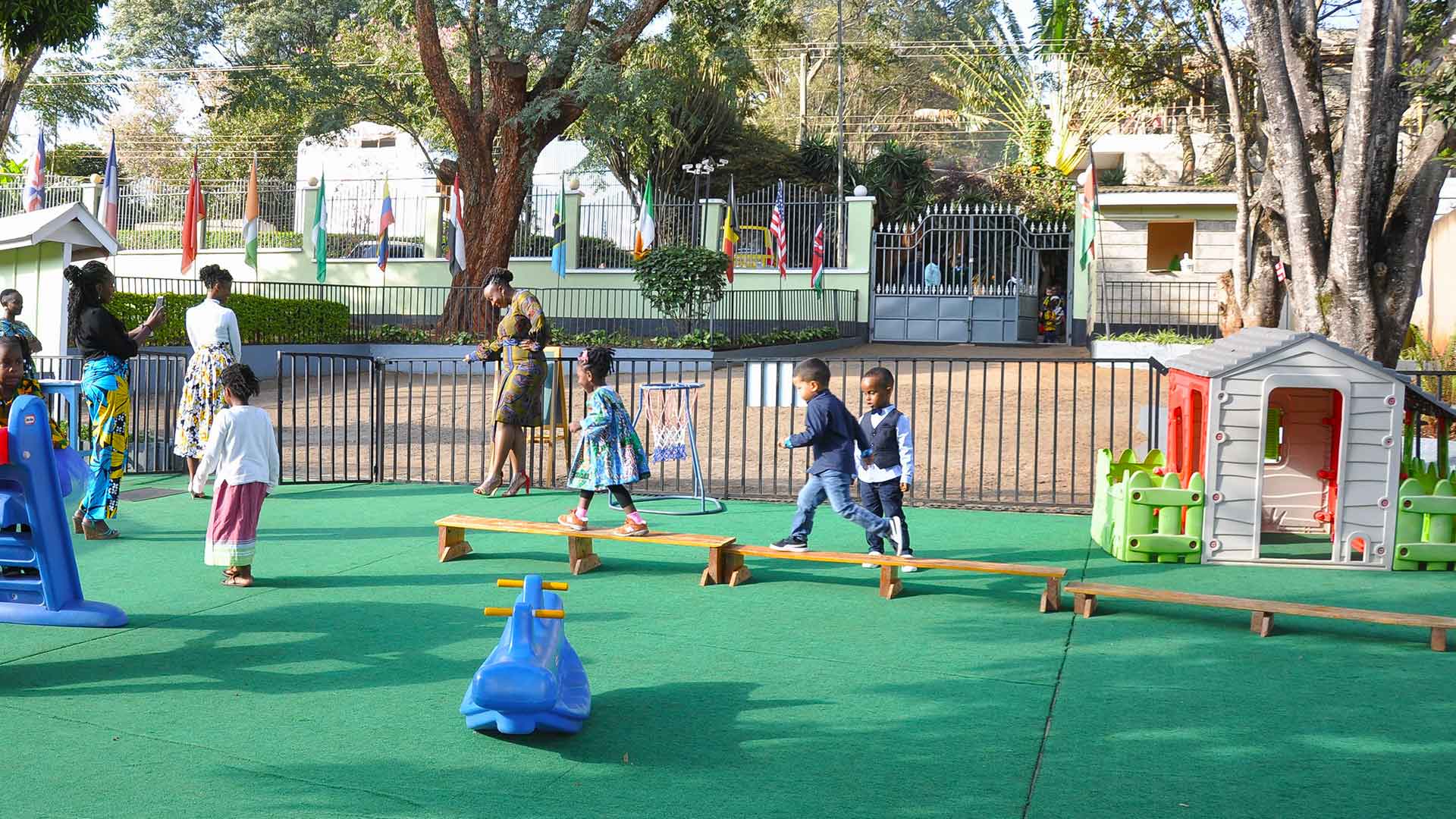Communication is the bedrock of every relationship, and with Montessori principles, we can refine how we speak to and listen to children. At Imani, we emphasize respectful, clear, and empathetic communication.
Speak Clearly and Kindly
Young children are astute observers of tone and body language. Using a gentle tone and making eye contact demonstrates respect. Instead of dismissing a child’s emotions, acknowledge them: “I see you’re upset that playtime ended. I understand. Let’s talk about it.”
Use Real Words
According to The Montessori Toddler, children benefit from hearing precise language. Don’t shy away from using correct names for objects or feelings. Expanding a child’s vocabulary with real, descriptive words strengthens their language development and self-expression.
Let Them Speak
Equally important is giving children room to communicate. Whether they’re 2 or 5 years old, encourage them to share their ideas or concerns. If your child struggles to find words, gently supply vocabulary: “You’re trying to say you don’t like how the shirt feels?” This approach validates their perspective and helps them learn how to voice it.
Offer Choices When Possible
Providing children with limited, realistic choices is a hallmark of the Montessori approach. For instance, ask “Would you like to wear the blue or the red sweater today?” This shows respect for their autonomy while still maintaining structure.
Emphasize Listening
Listening is a two-way street. Show genuine interest in what your child is saying. Put away distractions like phones, maintain eye contact, and respond thoughtfully. When children feel heard, they develop the confidence to express themselves more openly and clearly.
Communicating Through Challenges
When disagreements arise—be it over refusing to wear shoes or not wanting to leave the park—approach it as a chance to guide rather than to command. Try to understand the root cause. Is the child tired, hungry, or over-stimulated? Addressing the underlying need often resolves conflict more effectively than a quick fix.
Adapting to Nairobi Life
Living in a diverse city like Nairobi means families often speak multiple languages at home. Montessori encourages embracing this linguistic richness. Let your child hear and speak as many languages as are naturally part of your daily life. This not only aids cognitive flexibility but also fosters deep cultural pride.
Building Trust and Respect
Positive communication builds a strong foundation of trust between you and your child. When they feel respected in conversations, they learn to respect themselves and others. By consistently practicing these communication strategies, children gain confidence, empathy, and a lifelong love for learning and sharing ideas.


Join the Conversation